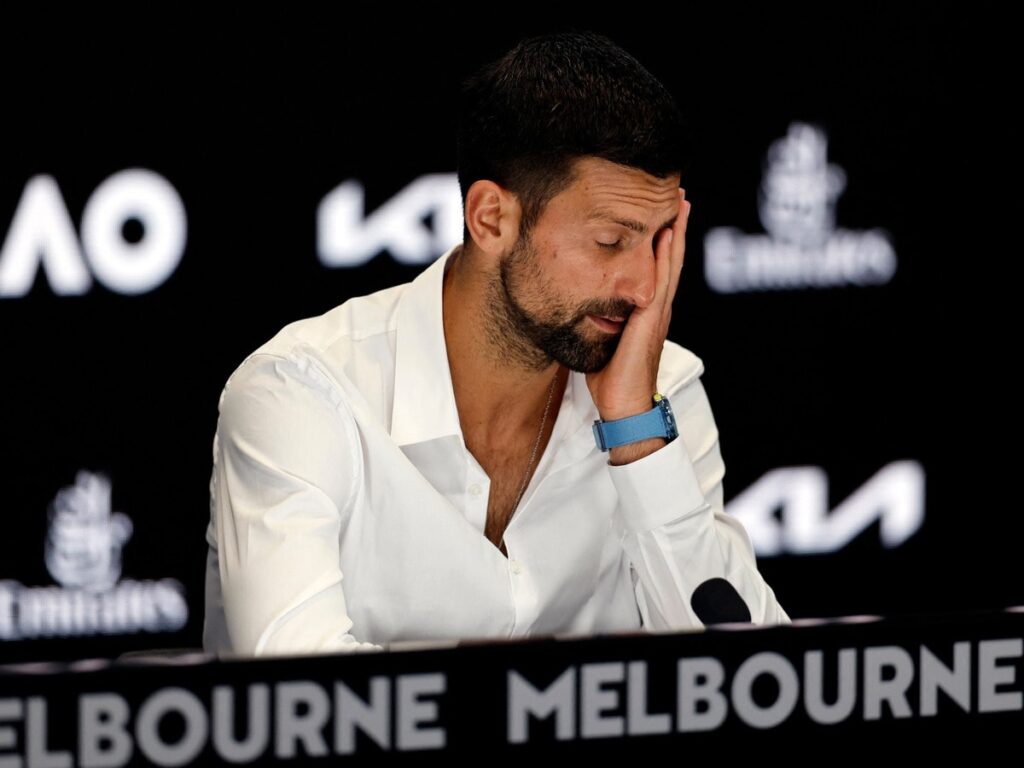In a shocking revelation, tennis star Novak Djokovic has claimed that he was poisoned during his visit to Australia in 2022. This incident not only affected his health but also raised concerns about the safety and quality of the food athletes consume while competing internationally. Djokovic’s assertions regarding the excessive levels of lead and mercury in his system have sparked widespread discussions about athlete welfare and food safety.
The Allegations: What Happened in Australia?
Djokovic, known for his resilience and remarkable career, reported that his health deteriorated after consuming certain meals during a tournament in Australia. He indicated symptoms that led him to believe he had been deliberately poisoned. This claim has opened up dialogues about the risks athletes face regarding their nutrition and meal preparation, especially while traveling abroad.
Symptoms and Health Impact
The Serbian player described experiencing severe symptoms that he believes were associated with heavy metal poisoning. After medical tests, he revealed that his body had elevated levels of lead and mercury, which are harmful substances that can significantly impair physical performance and overall health.
Understanding Heavy Metal Poisoning
| Metal | Sources | Health Effects |
|---|---|---|
| Lead | Old paint, contaminated water, certain foods | Neurological impairments, developmental issues, cardiovascular problems |
| Mercury | Fish, dental fillings, industrial processes | Neurological damage, cognitive impairments, kidney damage |
Case Studies and Precedents
There have been multiple instances where athletes faced health risks due to food safety violations in different countries. From tainted supplements to contaminated food, the consequences of negligence can be dire. This situation underscores the importance of stringent safety standards for athletes, particularly in countries with varying levels of food safety regulations.
Changes to Food Safety Regulations
The growing awareness of food safety concerns among athletes may lead to changes in regulations concerning food preparation and inspection at sporting events. Authorities might have to enforce stricter guidelines to ensure that athletes are protected and can compete without the fear of foodborne illnesses or poisoning.
Conclusion
As Novak Djokovic’s claims demonstrate, the intersection of food safety and athletic performance is a critical issue that cannot be overlooked. Athletes deserve assurance that their health won’t be compromised due to negligent practices. Continued advocacy for better nutritional standards and safety regulations is essential in protecting the well-being of sports competitors around the world.
